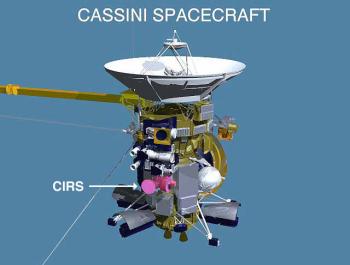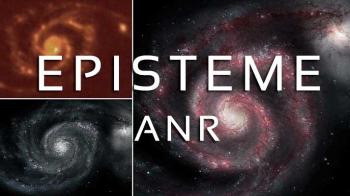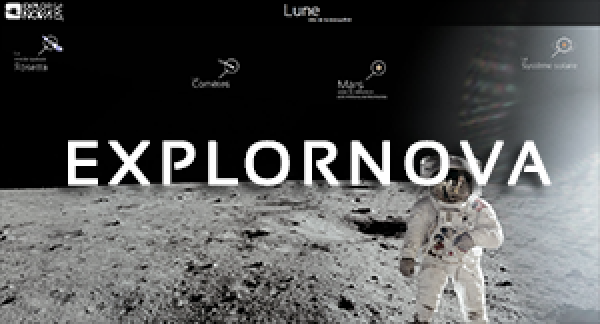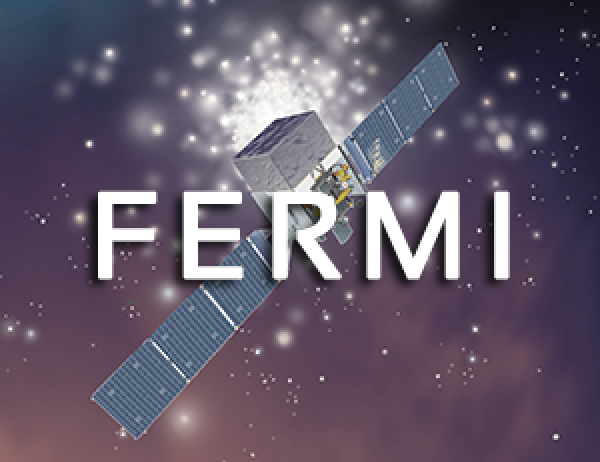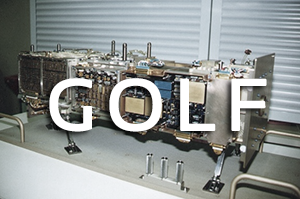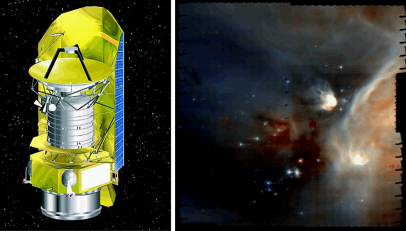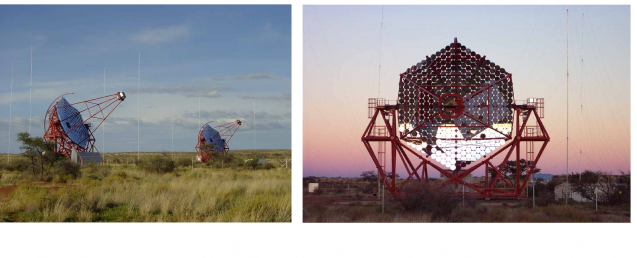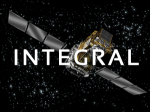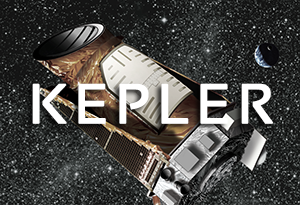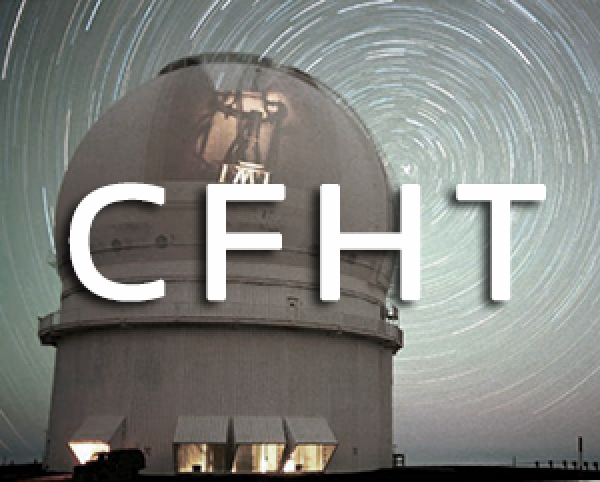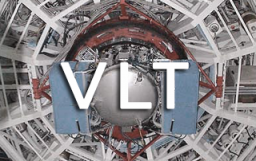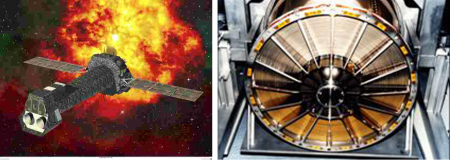An observatory to detect cosmic X-ray radiation
XMM-Newton
An observatory to detect cosmic X-ray radiation
The XMM-Newton observatory (XMM stands for X-ray Multi-Mirror) is a telescope of the European Space Agency (ESA) dedicated to studying the X-ray cosmic radiation. Launched on December 10th, 1999 by an Ariane 5 rocket, XMM-Newton measures 10 m of length, 16 m large, for 4 m of diameter and weigh approximately 3,8 tons.
